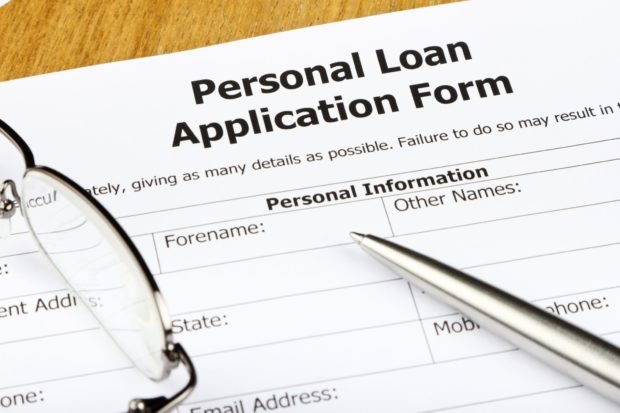3 Things Most Americans Do Not Know About Taking Out a Personal Loan

There are times when you are high and dry and feel like you need a quick financial fix. Taking out a personal loan is the quickest solution for anyone’s sudden financial problems, but it is important to keep in mind that they are just a temporary band-aid to a bigger problem. Personal loans are unique since you do not need any collateral to qualify. The lenders only check for proof of income and your credit report. This loan is a lifesaver if you want to settle bills, clear debts, or continue a project. However, some details about personal loans are important to know, so be careful not to be caught off guard. Here is what you should know about taking out a personal loan:
1) Not All Online Lenders Are Legit
Taking out this loan has been made easier with the sudden upsurge of online lenders. They have gained popularity since they have made loan access easy to. Online lenders have less rigid loan requirements.
Pursuing personal loans online has its risks. Not all lenders are legit. You may end up losing your money or paying too much in terms of interests. An online lender is genuine if the platform has no red flags that could be spotted by checking aspects like independent reviews from past customers and certification.
Additionally, you can reduce the risk of being scammed by asking a friend or family members for referrals of credible lenders. However impressive their deal may sound, you should not rush to apply before confirming their legitimacy.
2) Personal Loans Interest Rates Are Higher
Personal loan interest rates range from 5% to 36%, which is relatively higher compared to other loan types, for instance, mortgages. The interest rates are high because the loan is unsecured, so lenders have nothing to fall upon in case a borrower defaults payment. The lender is risking by giving you money without collateral, so the high interest rates act as a shield. Another factor that can push the interest rates higher is the amount borrowed and the duration within which you will pay back.
Banks have higher interest rates, so if you are looking for affordable ones, consider borrowing from online lenders. High rates should not discourage you from taking a personal loan. They are fast. Also, the interest rates of a personal loan may be lower than that on a credit card.
3) Your Credit Score Matters
Personal loans are unsecured, so lenders need to determine if you are creditworthy. Apart from proof of income, a check on your credit score is mandatory in determining if you can repay the loan.
A credit score is a rating that is assigned to an individual based on his or her credit history. In the USA, a good credit score is the one above 720. With this score, your application will be approved easily. An average credit score of +630 will also give you a pass in creditworthiness. Lenders will check your credit record for the past two years. Any negative marks from previous creditors can affect your qualification. To avoid this, you need to keep a clean credit history by repaying your loans as agreed.
